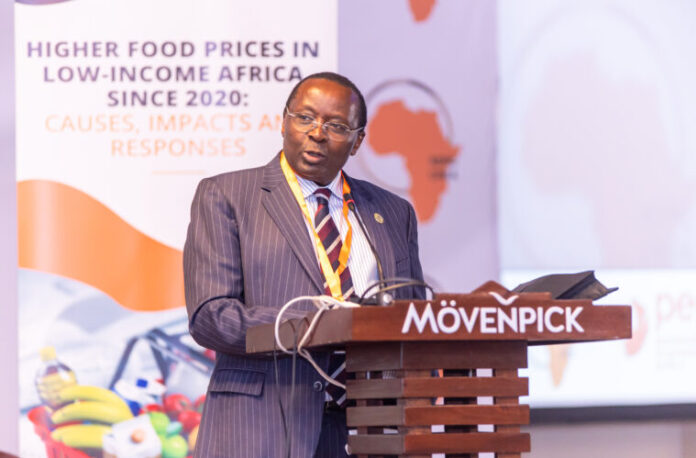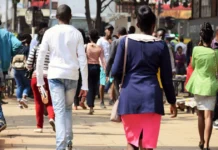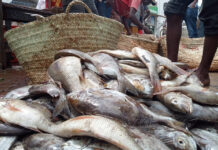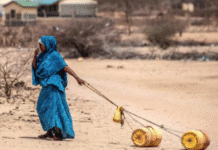By Michelle Ndaga
A new research study by the Africa Economic Research Consortium (AERC) has urged policymakers to prioritise access to clean energy solutions, particularly for women in rural areas, to cushion households from the ongoing impacts of global economic shocks.
The study, titled “Gendered Differences in Household Cooking Coping Strategies for the Russia-Ukraine War in Kenya,” reveals that disruptions to global supply chains triggered by the war led to sharp increases in fuel, food, and fertiliser prices. These shocks, the findings show, have deepened existing gender disparities, with women bearing the greatest burden.
Presenting the findings during an AERC side event at the Supporting Pastoralism and Agriculture in Recurrent and Protracted Crises (SPARC) and Jameel Observatory Joint Conference in Nairobi, AERC Executive Director Prof. Victor Murinde emphasised that the persistence of high prices has severely affected vulnerable households.
He noted that women, already strained by the economic challenges of the COVID-19 pandemic, were forced to switch to cheaper, traditional cooking fuels, increasing the time spent on fuel collection and food preparation.
The study highlighted marked gendered differences in cooking strategies: about two-thirds of households that stopped using kerosene switched to liquefied petroleum gas (LPG), a cleaner alternative, though uptake was lower among women. Only 8% of households resorted to firewood, mainly in rural areas, with women disproportionately represented in this group.
Undertaken by researchers Onyango Dickson Wandeda, Macharia Kenneth Kigundu, Ngui Dianah, and Maloi Lanoi, the study also assessed the impact of a fuel subsidy introduced to ease the burden of high prices. It concluded that ensuring affordable and accessible clean cooking energy for women in rural areas should be a top policy priority.
The event brought together policymakers, NGOs, multilaterals, and research institutions including UN agencies, development banks, and CGIAR centres to discuss how to translate evidence into action.
Stakeholders agreed that advancing food security, equity, and sustainable growth requires integrating research insights into innovative policy directions and practical interventions.
As Africa continues to grapple with persistent high food and fuel prices, the AERC findings provide a timely roadmap for safeguarding low-income households and accelerating progress toward inclusive and resilient development.



















